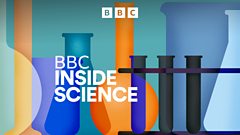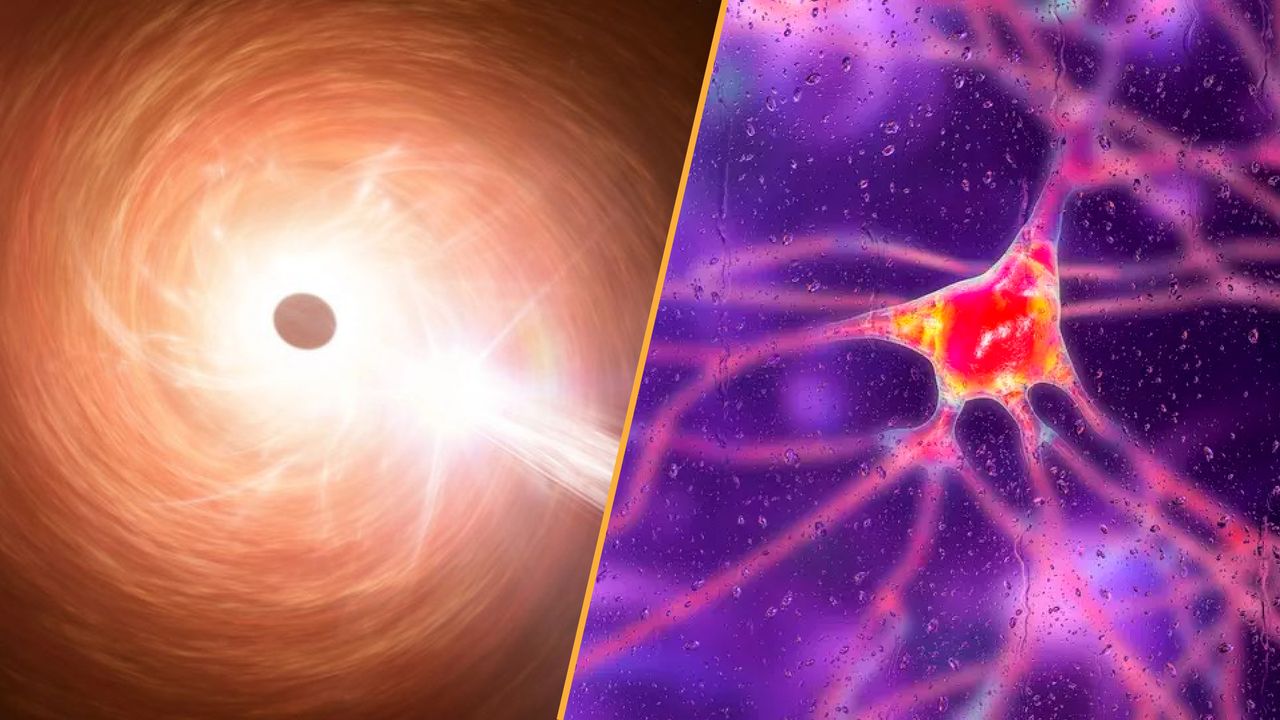‘Don’t trust Trump’: how UK health experts are fighting back against a war on medicine
PositiveScience

UK health experts are taking a stand against misinformation after US President Trump made unfounded claims linking paracetamol to autism. Health Secretary Wes Streeting expressed his shock upon hearing the news, emphasizing the importance of trust in medical advice. This swift response from ministers and medical groups highlights their commitment to protecting public health and ensuring that accurate information prevails in the face of misleading statements. It matters because maintaining trust in healthcare is crucial for effective treatment and public safety.
— Curated by the World Pulse Now AI Editorial System











